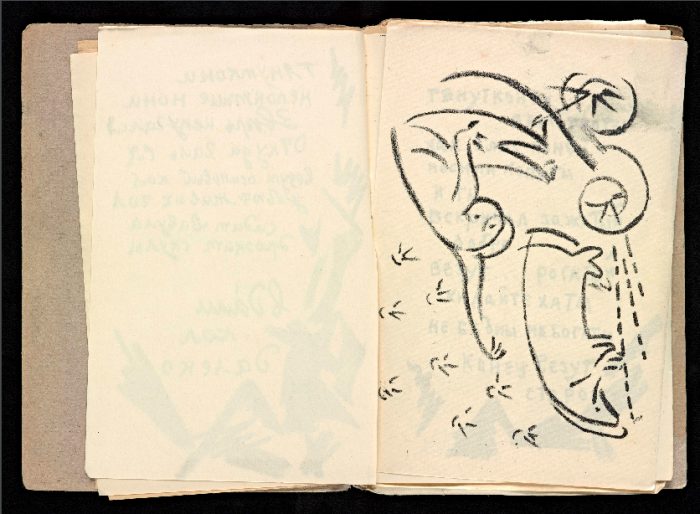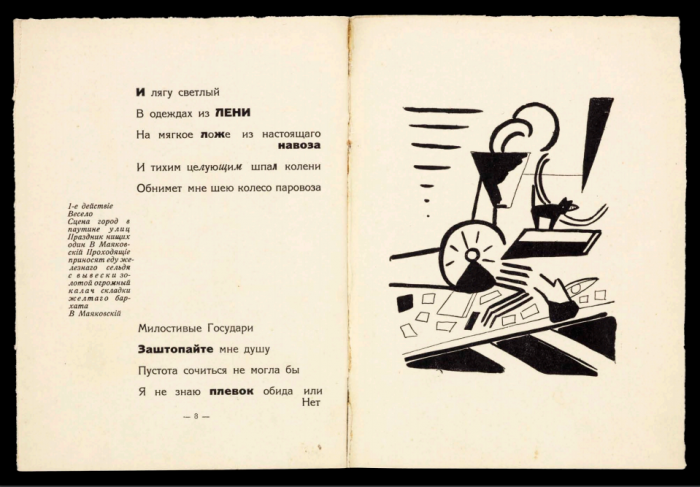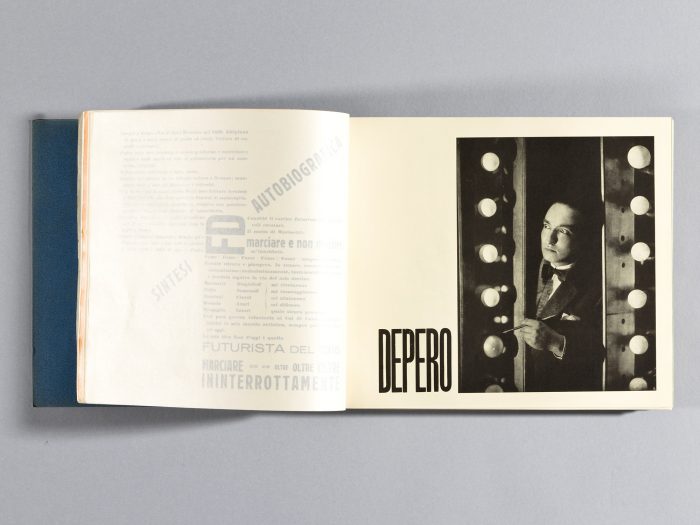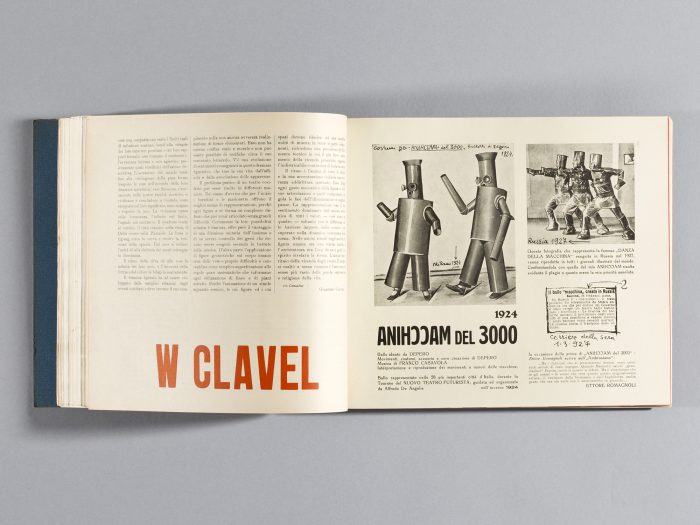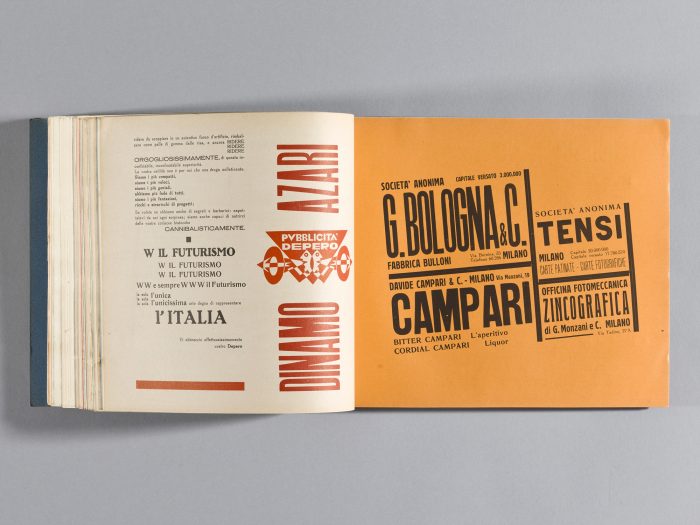News about Japan today tends to focus on the country’s long economic stagnation and population decline, but in the 1980s it looked like the world’s next superpower. Harvard social scientist Ezra Vogel had just published the bestselling warning Japan as Number One. Postwar reconstruction had turned into rapid growth, then into a kind of financial gigantism. International consumers drove Japanese cars and filled their homes with Japanese electronics. Japanese conglomerates went on a worldwide spending binge, snapping up other countries’ real estate, their manufacturers, and even their movie studios. Camera-wielding Japanese tourists replaced the “ugly American” as the boorish wealthy tourist of stereotype.
What went on back in Tokyo as the rest of the developed world looked on in amazement (and a kind of horror)? Outside of Japan’s infamously rigorous work culture — itself part of the reason for all the growth — its boom and consequently enormous asset bubble gave rise to new lifestyles and cultures, and the soundtrack of the party was “city pop.” Mixing English lyrics in with Japanese, drawing influences from Western disco, funk, and R&B, and using the latest sonic technologies mastered nowhere more than in Japan itself, this new, slickly produced subgenre offered a cosmopolitanism, according to Mori-ra at Electronic Beats, that “appealed to those who benefited from the so-called post-war ‘economic miracle.’ ” While outside Japan “city pop might be viewed as general 1980s Japanese music, now that Japanese music has become trendy, city pop has begun to be uncovered and even reissued.”
What’s more, city pop has become a subculture again in our internet era, and a global one at that. Its current enthusiasts, many of them not Japanese or in any case born too late to benefit from the boom, create and share their own city pop mixes, carefully curating the tracks (sometimes even supplying visuals gathered from sources like the Japanese animation of the era, often with a Blade Runner aesthetic) to perfectly evoke the high life in 1980s Tokyo as they imagine it. (Friends who actually lived in Japan then describe it as an environment of unalloyed new-money obnoxiousness, but city pop, like all pop, sells fantasy, not reality.) You get a taste of that high life by sampling the many city pop mixes freely available on the internet. At the top of this post you’ll find the one posted to Youtube by a user called Van Paugam, whose channel also features a 24-hour city pop radio stream (complete with nighttime Tokyo driving footage).
Below that, we have a 45-minute “Mixtape from Japan” whose creator goes by Starfunkel. It features not just city pop tracks but, for transitional material, vintage recordings and movie clips to do with the Land of the Rising Sun. (Keep your ears open for the voice of Bill Murray.) Then, the vinyl-only mix by I’mmanuel in Amsterdam simply titled “音楽 Ongaku #1” — Japanese for “music” — places city pop in a context with other Japanese grooves of the era. You’ll find much more curated city pop on Soundcloud, from the ever-growing “High School Mellow” series to Brazilian funk musician Ed Motta’s 70s-oriented mix to Mori-Ra’s own maximally mellow “Japanese Breeze” collection. Get too deep, though, and you’ll end up like me, making trips to Japan to go city pop-shopping and even (slowly) reading Japanese books on the subject. The bubble may have long since burst, but the beat goes on.
Related Content:
Blade Runner Spoofed in Three Japanese Commercials (and Generally Loved in Japan)
Based in Seoul, Colin Marshall writes and broadcasts on cities and culture. He’s at work on a book about Los Angeles, A Los Angeles Primer, the video series The City in Cinema, the crowdfunded journalism project Where Is the City of the Future?, and the Los Angeles Review of Books’ Korea Blog. Follow him on Twitter at @colinmarshall or on Facebook.


